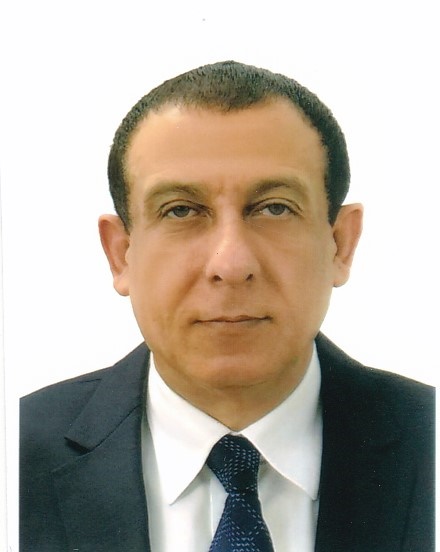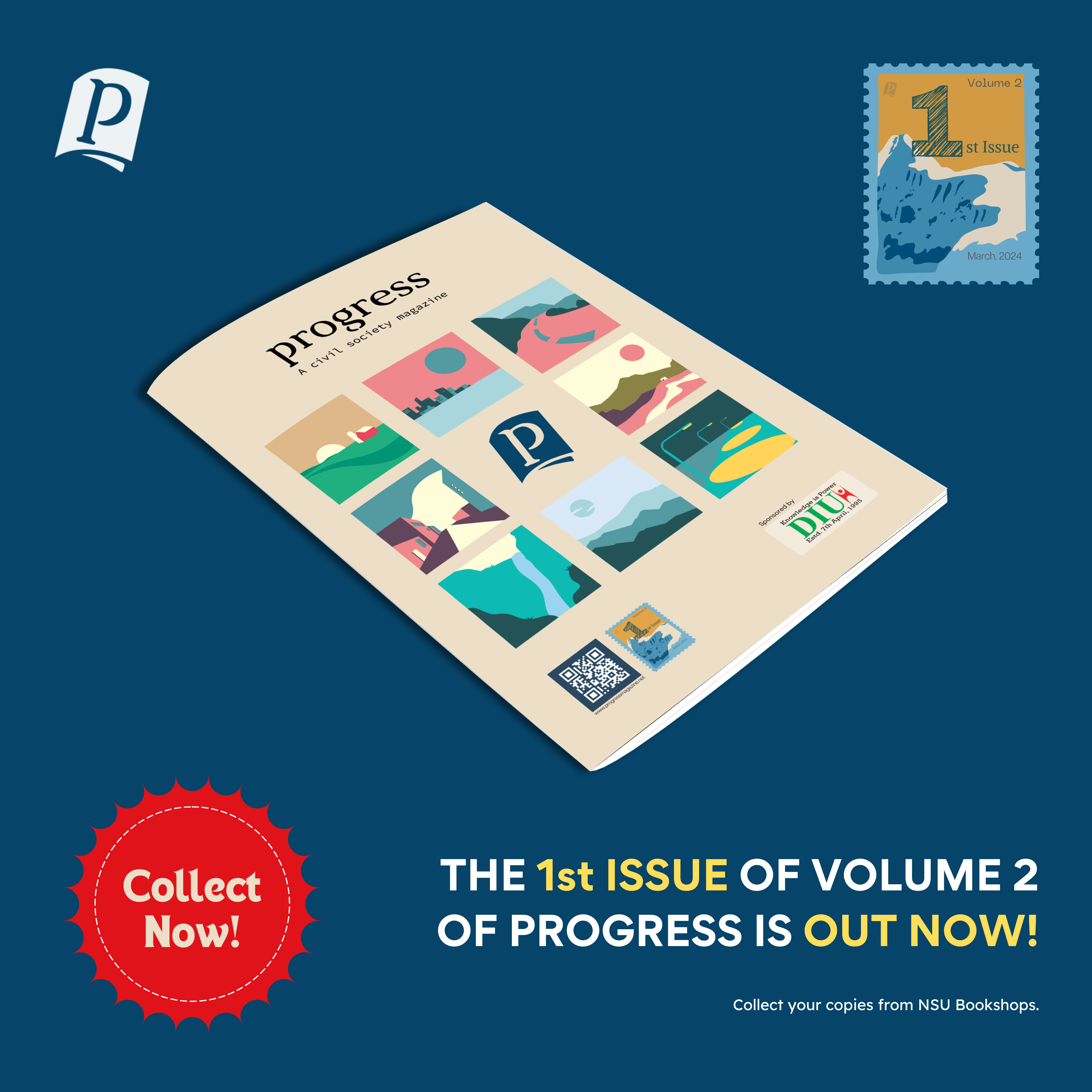Progress:
Excellency, thank you very much for agreeing to be interviewed by Progress Magazine. First question to you – Following the Organization of Islamic Cooperation (OIC) summit in 1974, an office of the Palestinian Liberation Organization (PLO) was opened in Dhaka. What do you think might have been the reason of such cordiality on the part of Bangladesh at the time?
Ambassador:
The Palestine Liberation Organization (PLO) was acknowledged as the only legal representative of the Palestinian people by the Arab Summit Conference in 1974, which took place in Rabat, the capital city of Morocco. The United Nations (UN) also recognised it. Keep in mind that PLO was founded in 1964.
The PLO’s first action was to recognise Bangladesh and open diplomatic relations with it.
It should be noted that Bangladesh and Fatah (the largest Palestinian organisation) started communicating around 1972–1973. Following the OIC conference in Lahore in 1974, cordial ties were built between Bengali leader Sheikh Mujibur Rahman and Palestinian leader Yasser Arafat.
Before that, Yasser Arafat, along with Algerian President Houari Boumediene and Sheikh Sabah Al-Ahmad Al-Sabah, insisted heavily on Sheikh Mujibur Rahman’s participation in the Lahore conference. And the request was fulfilled. The fraternal relations between Palestine and Bangladesh have a solid foundation. They are based on principles, and the bridges that connect the people of the two nations are in some of these areas –first, the unity of religious belief; second, the justice of the Palestinian cause and third, the existence of the first of the two Qiblah in Palestine. The Palestinians in general, hold a special place in the hearts of Bangladeshi people.
Progress:
Excellency, we know that the Bangladesh Military Academy trains cadets of the Palestinian Army. Would you be able to elaborate more on the cooperation on military affairs of the two countries?
Ambassador:
Bangladesh’s support to Palestine goes beyond just political and diplomatic support; it now covers all levels of education, including scholarships in various medical, engineering, and other fields of study. As a result, Bangladeshi universities have grown to be a significant source of students from Palestine, not just for civil studies but also for military. Since the Bangladeshi military institutions welcomed Palestinian students and officers, you can frequently find officers of the ranks of Brigadier General and even Major General in Palestine today who graduated from Bangladeshi military institutions. This demonstrates Bangladesh’s will to strengthen the Palestinian military and build competence/skills in various fields within the Palestinian Society.
Progress:
Excellency, at times of Israeli aggression, mostly in Gaza, how have individuals and NGOs in Bangladesh been of assistance to Palestine?
Ambassador:
The financial and medical support of the Bangladeshi citizens and the Government of Sheikh Hasina have significantly impacted the Palestinian people’s souls. Despite the scarcity of most Bangladeshi people’s material capabilities/ monetary resources, they shared their bread with their brothers in Palestine. They deducted it from their children’s food sustenance to provide for Palestine. As a result, we Palestinians raise our hats to these great people. Such humanitarian work would forever be considered a debt in the neck of every Palestinian and a pride for us. It confirms that we are not alone in our struggle with our enemy, who seized our land/territory, confiscated our property, and occupied the first Qiblah and the third of the Two Holy Mosques. During the Israeli aggression against Palestine last year, there was not a single village or city in Bangladesh that did not come forward to provide financial support to Palestine. Even the Bengali workers outside the country donated generously. Student donations from universities and high schools were remarkable. It confirms that three generations of Bangladeshi people stand firmly with Palestine.
Progress:
Palestine is recognised as a state by many states but not by others. Does it pose challenges for you and your colleagues to work as diplomats?
Ambassador:
138 countries have recognised the State of Palestine, though some European Union countries have not recognised the State of Palestine. Although all the parliaments of the Union countries recognised the State of Palestine and demanded their governments to do the same, the pressure of the Jewish lobbies alongside the United States (US) obstructs the process of this recognition. In addition, some countries directed by the US, recognise the necessity of a two-state solution.
Most of the Asian and African continents, in addition to the countries of Latin America, recognise the State of Palestine. As Palestinian diplomats, we do not find any significant challenges in the countries that recognise us where we have our embassies with complete immunity. However, we undoubtedly face challenges when dealing with European nations that view us more as an entity than a state.
Progress:
Some countries in the Middle East are now setting up formal diplomatic relations with Israel. How does Palestine view this?
Ambassador:
It is a matter of great regret that three Arab countries have established relations with Israel, and two countries preceded and established peace treaties with Israel. However, this has not been normalised in any aspect of their societies- commercial, cultural or social, since their populations refuse to cooperate in any way with the Israelis. The FIFA World Cup in Qatar proved how the Israelis gained no acceptance in Arab societies. In fact, the Israeli press even commented on this mass unpopularity. The Israeli Hayom newspaper quoted- “The World Cup in Qatar is a Mirror for the Israelis”, – meaning they do not like us (referring to Israelis) and do not want us either. The World Cup in Qatar has put Israel in front of a very harsh reality. The Israelis witnessed, for the first time, the mere experience of rejection, disregard, hatred, and non-acceptance of Israelis in general in an Arab-Muslim country.
An Israeli media correspondent mentioned how news correspondents from Israeli stations had travelled eagerly to Qatar, set up their cameras and waited for several Arabs countries to praise Israel. But soon they found themselves exposed to contempt, avoidance, and mockery from the Arabs. In addition, even taxi drivers in Qatar, the majority of whom are from Islamic countries, have refused to transport Israeli passengers, and asked them to get out of the vehicle on learning that they were Israelis. Many restaurants, to my knowledge, refused to serve Israelis. The bottom line is that no matter how hard some governments try to portray Israel as a fait accompli that must be dealt with, the result is always expected to be the same– Israel would not be accepted in the Arab world. No concrete relations would develop in any field.
I will give an example of this. Egypt was the oldest country that had established diplomatic relations with Israel (as per the Camp David Accords in 1978). But you would not find in Egypt a single commodity imported from Israel. Not even matchboxes! No cultural, commercial or social relationship exists, not even in science. The same also applies to the case of Jordan.
I should end my answer to this question by referring to the movie “Farha”, which is available on Netflix. The movie’s release was followed by criticisms (alongside boycotts) of Israel– Farha, a Palestinian girl in the year 1948 who witnessed the killing of her entire family by the Israeli Army. This film’s events portray the Palestinian Nakba and displacement from the land, displaying to the world the reality that happened 74 years ago. Netflix being an international platform has helped reach the truth about Israeli occupancy to the whole world.
Progress:
Excellency, would you care to comment on any development of the Relocation of the US Embassy to Jerusalem (Palestine v. USA) case in the International Court of Justice (ICJ)?
Ambassador:
On October 23, 1995, the US Senate passed a resolution to move the US Embassy from Tel Aviv to Jerusalem. Since then, American presidents have delayed implementing this decision until Donald Trump assumed power. He promised such implementation during his election campaign. He announced his vision towards the region, referring to the “deal of the century”, which was to resolve the age-old Palestinian-Israeli conflict, but with a complete bias towards Israel –beginning with the recognition of Jerusalem as the capital of Israel.
Moving the embassy to Jerusalem by the Trump administration is considered more dangerous than the Balfour Declaration, which granted the Jews a homeland in Palestine a century ago. It proved how Americans are biased towards Israel, and such implementation helped Israel to evade its commitments towards the peace process. Moving the embassy of any country from Tel Aviv to occupied Jerusalem is a scandalous violation of all Security Council resolutions and resolutions of the United Nations General Assembly and a violation of international treaties. Any changes in the city of Al-Quds Al-Sharif, its centre and its structure shall be considered null and void and shall have no legal effect. It also indicates an American recognition of full sovereignty over Jerusalem and encouragement and pressure on more countries to take the same decision. This decision opened the Government of Israel to commit more atrocious crimes against the Palestinians, which is what is happening now on the ground. It also means the explicit acceptance of the policies of Judaism, the evacuation of the city of Jerusalem by the Arab Palestinian population, displacement of the remaining Palestinians in the city, harassment of Arabs, cancellation of all peace efforts, imposing a fait accompli in the course of any upcoming negotiations, and so on.
The International Court of Justice is the main judicial organ of the United Nations. The court rules as per the provisions of international law in legal disputes that arise between states and provides advisory opinions on legal questions that may be referred to it by United Nations organs and specialised agencies. The Palestinians resorted to the court in order to prosecute Israel and hold it accountable for its ongoing violations against our Palestinian people, and pursue its leaders to hold them legally responsible, which tends to be disturbing for both the Americans and the Israelis.
In 2018, the US administration withdrew its membership in the International Court of Justice. It rejected its authority, describing it as politicised and ineffective, simply due to the fear of exposing themselves and Israel to judicial trial. The US had imposed sanctions on the prosecutor of the court, Fatou Bensouda, due to the Palestinian cause.
It is also worth noting the reactions when we demanded an investigation into the martyrdom of Palestinian journalist Shireen Abu Aqelah, who held American citizenship– Israel shamelessly announced that it would close Al-Jazeera’s offices in its territory.
Progress:
For a decade, Palestine is a non-member observer state in the UN. Any development on the membership status that you might be aware of?
Ambassador:
The partition of historic Palestine into two states—one Palestinian Arab state and another Israeli, was legally justified by Partition Resolution 181 of 1947. Palestine has not yet been granted full state membership in the UN, unlike the case of Israel.
In 1974, the Palestine Liberation Organization (PLO) was accepted as a member of the UN. In the same year, the General Assembly passed Resolution 3236, granting the Palestinian people the right to self-determination and the ability to exercise sovereignty over their territory.
On December 15 1988, UN General Assembly Resolution 43/177 acknowledged the Palestinian Declaration of Independence of November 1988 and replaced the designation “Palestine Liberation Organization” with “Palestine” in the United Nations’ system.
The Palestinian leadership asked the Security Council in 2011 to grant the state full membership in the United Nations. However, there was pressure from the US and Israel, followed by threats of sanctions if the member states voted in favour of the State of Palestine. Despite the American and Israeli threats, the Palestinian government was able in 2012 to obtain an “observer state” status at the United Nations by a vote of 138 countries.
But yes, since the Palestinian people did not receive their full rights, as a result, the Palestinians will continue working to achieve full state membership in the UN, which was supposed to happen along with the creation of the State of Israel.
Sadly, the international community has discriminated against the Palestinian people and given Israel what it does not deserve. The US has been exerting its influence until this moment in order to prevent Palestine from gaining full membership in the UN, and is threatening to lift the veto, as it has done in many other instances.
The right of the Palestinian people to self-determination, complete sovereignty over their territory, and the establishment of an independent Palestinian state with Jerusalem as its capital are now recognised by more than 138 nations. These countries, including Bangladesh, have consistently urged the creation of an independent Palestinian state with Jerusalem as its capital, and it was also repeatedly demanded by Prime Minister Sheikh Hasina.
The acceptance of Palestine as a full member of the UN would also create the opportunity to hold Israel accountable for its crimes, confirm the actual existence of the Palestinian State that enjoys legal personality, confirm that Israel is an occupier of the State of Palestine with its various entities and open eyes to the violation of international treaties on the part of Israel.
The full membership would also allow Palestine to participate in some voting processes, and give it the right to join the other international organisations and bodies that require full membership of a state in the United Nations.
Progress:
To end it on a light note, tell us about a day in your life in Dhaka – when you work, places you visit for leisure, etc.
Ambassador:
Dhaka is my favourite city, and I love it and its people, like I love Akka, Haifa, Jaffa, Lod, Safed, Jerusalem, Ramallah, and all the cities of Palestine. I consider Bangladeshi people as my family, and I hope to see Bangladesh as one of the most developed countries in the near future. I pray that Almighty Allah protects this country and its inhabitants from all harm. I feel happy learning about the mega projects being built in Bangladesh. I feel so glad when I see the per capita income in Bangladesh and the standard of living going higher. I am delighted with the improved security and safety, and I am proud of the generous hosting of the Rohingyas in Bangladesh. At the same time, I would feel sad and regretful if all these stop or if the construction process is hindered. I have countless friends in Bangladesh. Bangladeshis I befriended are like my brothers. I visit them often and vice-versa. Our relations with Bangladesh have been extraordinary since you opened your doors to Palestine. All your homes are our homes, and the people of Bangladesh are our people.
Progress Magazine and the interviewer/ Editor is not responsible and liable for discrepancy, if any. The answers/opinions in this interview do not reflect the opinions of Progress Magazine. All opinions provided in this interview by the interviewee are of his own.






